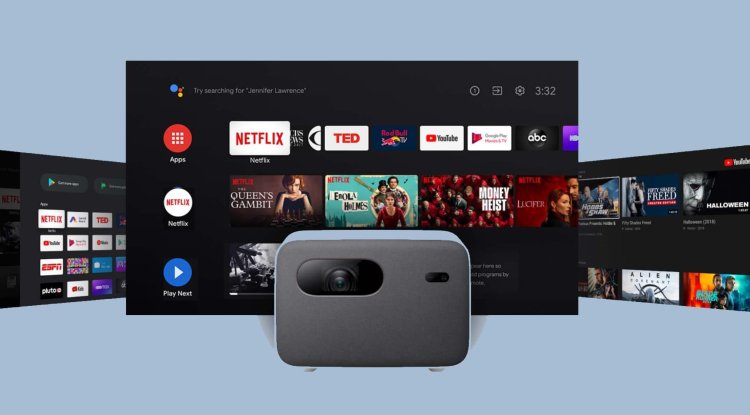What is the difference between Chrome and Chromium?

Google's Chrome web browser commands a commanding 64 percent market share, and the Chromium on which it is built is actually included in competing browsers such as Microsoft's Edge, Opera, Vivaldi, and Brave.
So, what is the distinction between Chrome and Chromium?
The simplest and shortest explanation is that Chrome is an internet browser, while Chromium is the engine that powers it.
The improvements it provides are very insignificant, which is why so many organizations have chosen this approach rather than competing with its engine, as Mozilla is doing with Firefox with Quantum. It does, however, have advantages, most notably in terms of privacy. But that's another story.
As a result, building your browser on Chromium provides many of the same advantages that Google enjoyed when it elected to base early versions of Chrome on WebKit, such as compatibility. It enables developers to concentrate on features and functioning rather than recreating the rendering engine's "wheel."
Microsoft Edge and Opera are two excellent examples.
Both browsers began with their own rendering engines. Consistent compatibility concerns, as well as lower performance, have prompted both firms to use Chromium as the backbone of their browsers, allowing them to capitalize on Google's previous efforts.
Users of Edge, Opera, and other Chrome-based browsers can download Chromium directly, allowing them to enjoy a Chrome-style browser without Google add-ons. Despite sharing the same code base, Chrome and Chromium have a significant distinction - privacy.
In essence, Google is an advertising corporation that generates revenue by selling advertisements, i.e. user data. Of course, with the growing process came the necessity in 2008 to construct our own browser, with the goal of accessing more data and revenue-generating potential.
Because of this arrangement, Google has no real motivation to protect Chrome users' privacy beyond what is absolutely essential to keep them from being intimidated. Companies like Mozilla and Brave, on the other hand, prioritize user privacy.
In fact, Chrome's privacy reputation is so terrible that The Washington Post has branded it "spyware," and Forbes advises users to "uninstall Google Chrome."
Because it is built on open-source, Chromium avoids many of these issues - before Google adds privacy-invading features. Simultaneously, Chromium retains the same speed, compatibility, and access to Google Chrome extensions.
As a result, unless there is a compelling reason to use Chrome, anyone concerned about their privacy should instead use Chromium or a Chromium-based alternative.
If you already want to use Chrome without jeopardizing your privacy.





































